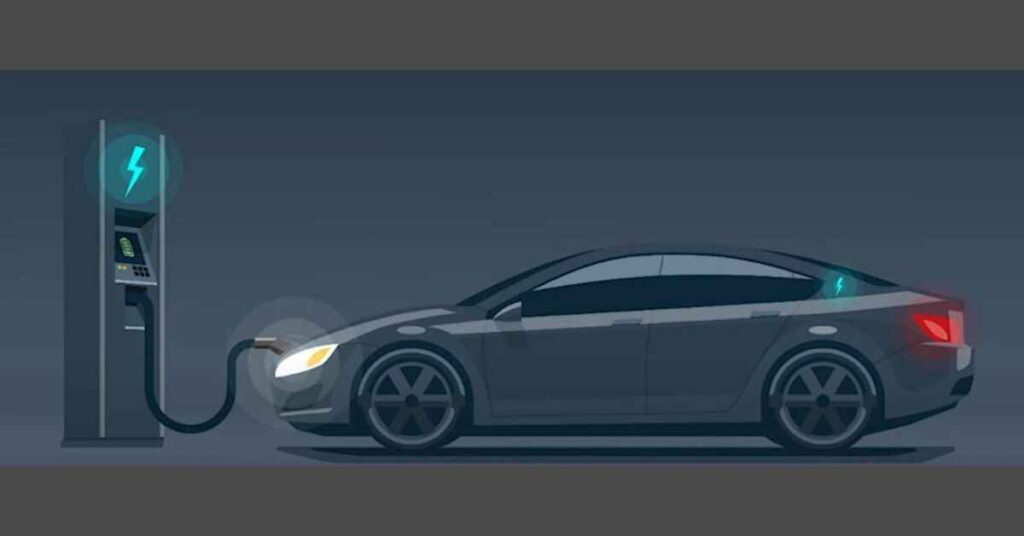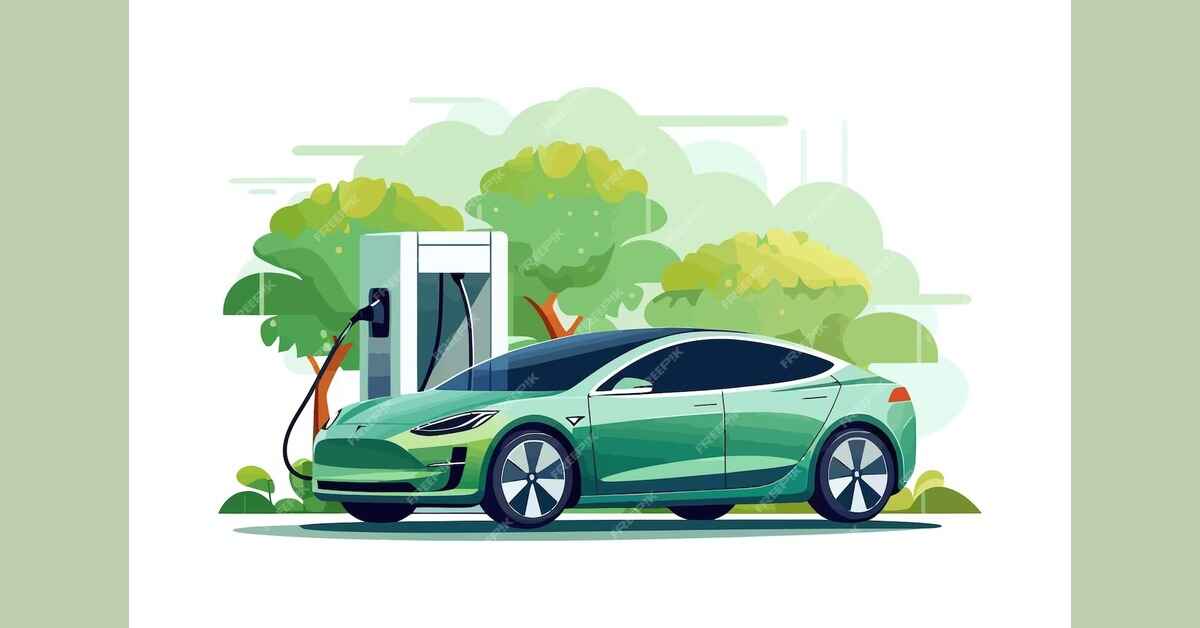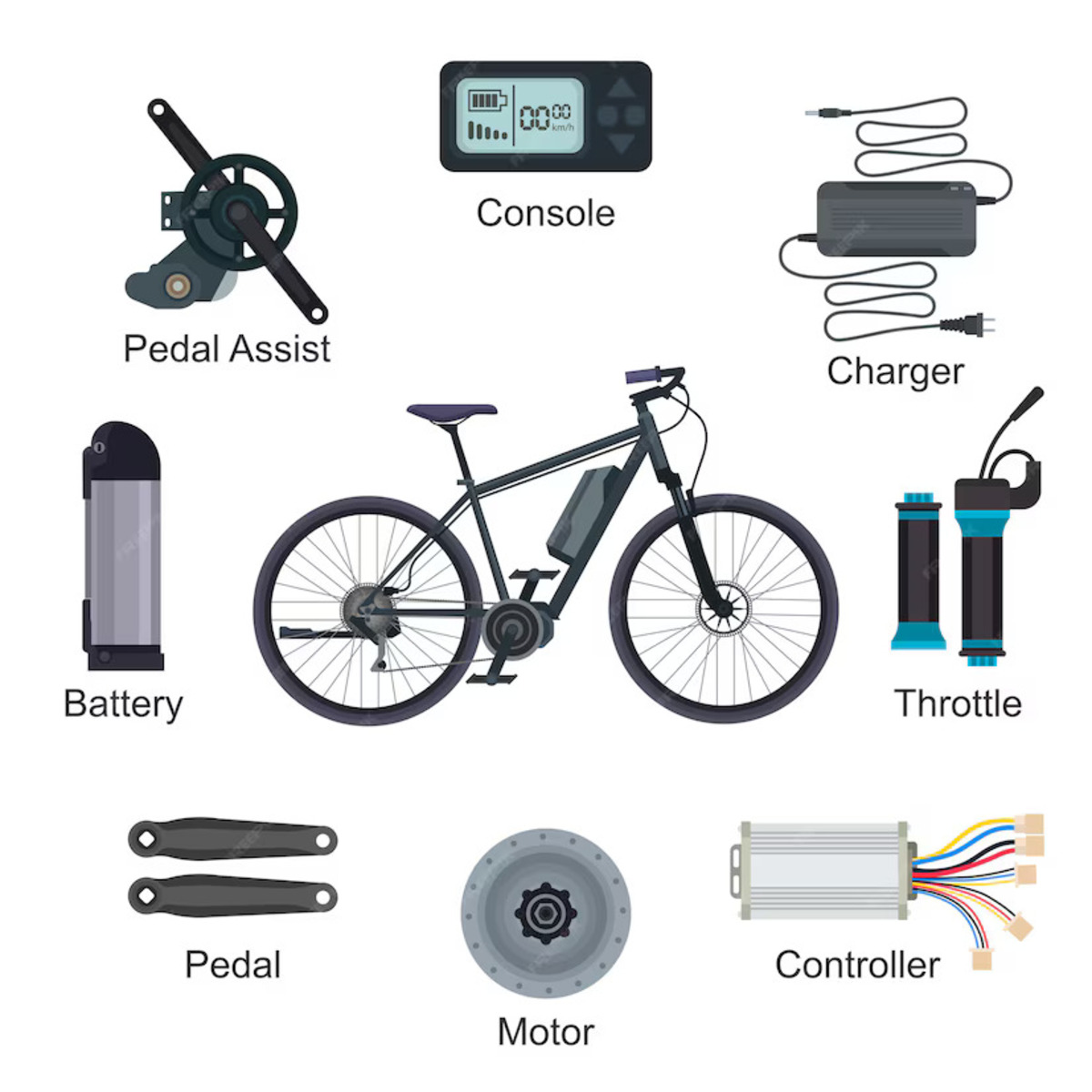The impact of electric vehicles on indian economy depends on various factors and an important driver that forces India to accelerate e-mobility is rising pollution, increasing prices for petrol and diesel, and global climate change. Before the invention of electric vehicles, the Indian automobile industry was heavily dependent on traditional fossil fuels.
Traditional fuels largely impact our environment and climate change. To get a cleaner and more eco-friendly environment, India has changed its policy to not be dependent on traditional vehicles and to use alternative forms of energy in the form of electric vehicles. By switching to EVs, we will not depend on petrol or diesel, and the increasing prices of petrol or diesel will not affect us.
In the case of electric vehicles, although the Indian market is mostly oriented toward two-wheelers, but the Indian market is not limited to that, and we are actively investing in the four-wheeler market too. The main support of the Indian economy is the automotive industry. It is the pillar of growth. The different policies and subsidies created a competitive market. India is one of the second-largest two-wheeler manufacturers in the world. India holds the seventh-largest rank in commercial vehicles and the largest in tractors.
The Indian automotive industry has made a great contribution to boosting the Indian economy on an international level, capturing a high position. Over the past two decades, India has emerged as the most likely location in the world for manufacturing automobiles. Because of the innovation of electric vehicles, the automobile industry has seen drastic transformations globally.
Eco-friendly electric vehicles are the best choice for transportation. EVs have achieved remarkable growth in the past year as a more efficient alternative to gasoline vehicles. With improvements in battery technology and an increasing demand for charging networks, EVs have become a successful option. These electric vehicles run on electricity that are stored in the battery rather than petrol or diesel. Manufacturers and policymakers are collaborating as people focus on the greener option. India’s electrical vehicle industry is a fast and complex sector where decarbonization is the prime concern of the government. Electric vehicles are helpful for improving air quality and enhancing their efficiency.
EVs are the most cost-efficient source of transportation and the impact of electric vehicles on the Indian economy depends on a couple of factors which we will discuss in this article

The impact of electric vehicles on Indian economy has been divided in three sections as below:
1. How To Boost The EV Sector In India
2. Why Does The EV Sector Have A Good Investment Opportunity In India?
3. Status Of India In The EV Sector
Now we will discuss the above points of The impact of electric vehicles on Indian economy in detail:
1. How to Boost the EV Sector in India
- To boost the demand for EVs, many automobile and oil companies are investing in the EV market. Skoda, a Czech automobile company, showcased its plan to manufacture EVs in India, and Oil PSUs are planning to install more than 22,000 electric vehicle charging stations in the next three to five years.
- The Indian government is also introducing several programs to encourage EV buyers. It includes financial support, especially for startups, such as the Credit Guarantee Scheme (CGS), 100 percent FDI (Foreign Direct Investment), subsidies for buyers, rebates in taxes, etc.
- Benefits And Subsidies for Electric Vehicles motivates domestic automotive products. This scheme will lessen the cost of EVs and is ready to provide necessary support to the EV market.
- In the budget of 2023-2024, Nirmala Sitharaman announced a Rs.35,000 crore amount to cleaner energy as India is moving ahead to zero carbon emissions by 2070, and Rs 19,700 crore was announced for the Green Hydrogen Mission that will be helpful to cut down carbon intensity and reduce our dependence on fossil fuels. The automobile industry is the greatest engine to boost India’s economy. She further stated that the government will contribute to the battery energy storage system through funding. The government has already introduced FAME I (Faster Adoption of Manufacturing Scheme), FAME II, and PLI (Production-Linked Incentive) schemes for promoting clean energy vehicles.
- A major boost was given to the automobile industry in the financial year 2023–24 for the manufacturing of electric vehicles, accepting new technologies, and the adoption of hydrogen fuel. The reduced excise duty on natural gas and exemption from customs duty on lithium-ion batteries that are used in electric vehicles could be helpful in importing foreign electric vehicles to India.
- Swedish luxury car maker Volvo is planning to set up a manufacturing plant for electric vehicles in India by 2024 to explore more possibilities for EVs. Besides it, several international companies have also entered the EV sector. The demand for EVs is jumping because of the advancements in electric vehicle manufacturers.
- Both the government and private companies are investing in setting up the charging infrastructure to enhance e-mobility and energy efficiency. The expanding number of charging stations would relax the anxiety of EV owners. The first EV charging plaza was established by Energy Efficiency Services Limited (EESL) in 2020 at Chelmsford Club in Delhi. Such innovative initiatives are helpful for robust e-mobility.
- The escalating demand for electric vehicles in Delhi is the result of the Delhi EV Policy, which was launched on August 7, 2020, for three years. The main purpose of this policy was to motivate people to adopt electric vehicles. This policy ensures that by 2024, at least 25 percent of new vehicle registrations should be battery-electric vehicles so that they will minimize the emission of harmful gases.
- The Delhi EV Policy ended on August 7, 2023, and the Delhi government is set to launch Delhi EV Policy 2.0 soon. The upcoming policy focuses on the fact that by 2025 further 25% of new vehicle registrations should be electric. Its purpose is also to offer incentives and subsidies to enhance the demand for EVs. If demand and sales of EVs increase, it will automatically boost the Indian economy. These policies are even more helpful to curb pollution and improve the air quality of the environment.
- TVS Motors, a two-wheeler manufacturer company, is looking for an opportunity to invest in foreign investors to expand its business and is ready to open a new way in the field of electric vehicles. It will offer a new job opportunity too, reduce unemployment, and expand India’s economy.
- An Indian automobile company, Mahinda & Mahindra, is also planning to expand its business and focus on new technology and innovation to increase the range of electric vehicles. It will enhance the demand for EVs and boost the economy.
2. Why Does the EV Sector Have a Good Investment Opportunity in India?
- Several EV manufacturing companies have collaborated with international companies. Olectra Greentech has tied up with BYD, the world’s largest electric vehicle manufacturer, to bring the latest technology into the country and use it to promote the EV business.
- Growth in the EV industry is already attracting customers. The Automotive Mission Plan (AMP) 2016–2026 summarizes the goals that have been shared by the Indian government in the automobile sector. The AMP target is that automobile companies are expected to contribute 12 percent of the nation’s GDP (Gross Domestic Product). It also aspires that India should be among the top three industries in the world. Its aim is to generate more than 65 million jobs. If the automobile industry and India achieve these targets, you will see a drastic change in the automobile industry.
- Lithium is a metal and one of the most important components of batteries. Lithium reserves were found in India, which would necessarily cut down on the cost of EVs and our dependency on lithium. Until now, we were dependent on Australia and Argentina for lithium. Hence, India will be a significant market for EVs. With the use of new technology and advancements in the EV sector, the day is not far when EVs are going to be a mainstay in the coming year. Electrification has made great progress over the last few years. The electric vehicles business in India has a bright future.
- India’s focused effort to promote electric vehicles and be 30% electric by 2030 will be helpful in reducing carbon dioxide emissions by at least one gigatons.
- Other private companies are also investing in the EV sector. The Mirae Global Electric & Autonomous Vehicles Exchange Trade Fund (ETF) is a funding company that invests in battery technology and lithium. India is expected to experience significant growth and exponential expansion in the EV sector. Electric vehicles create a sustainable environment compared to fossil fuel-based vehicles. We are in dire need of curbing pollution. EVs are revolutionary in the transportation sector.
- NITI Aayog launched an e- AMRIT (Accelerated Mobility Revolution for India Transportation) portal on November 10, 2021. The purpose of this portal was to create awareness about electric vehicles and provide necessary information about EV charging stations ( AC DC or Commercial EV charging stations), policies, incentives, etc.
- India has achieved one of the important criteria in the EV sector by setting up the first e-vehicle charging station at the midpoint of the Delhi-Chandigarh highway. EV makers are making a high jump in the EV sector as Vietnamese electric car maker Vin Fast decided to set up a factory in India by 2026. A multi-faceted approach is required to set up more charging stations.
3. Status of India in the EV Sector and the impact of EV
At present, the Indian automobile sector is fifth globally, and the government is expecting to reach third by 2030.
The automobile industry of India contributes 7.1 percent of GDP (gross Domestic Product) and manufacturing companies contribute 49%. It shows that the EV sector has a notable impact on India’s economy.
Conclusion
To summarize, it is stated that with the arrival of electric vehicles, the 21st century is poised to be the century of EVs. EVs have seen a sustained period of potent growth. Advancements in materials always play a crucial role in the progression of technology.
Being an environment-friendly mode of transportation, India’s electric vehicles market ensures significant growth in the coming years. Several government policies and incentives are a way to move ahead in sustainable transport. The increasing demand for electric vehicles presents a marvelous opportunity for companies to invest in them and make their contribution to boosting the economy and the development of EV eco-systems.




